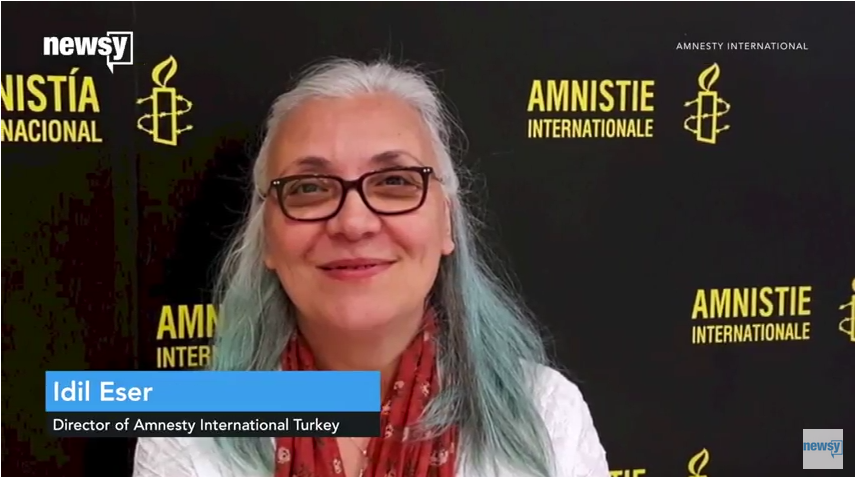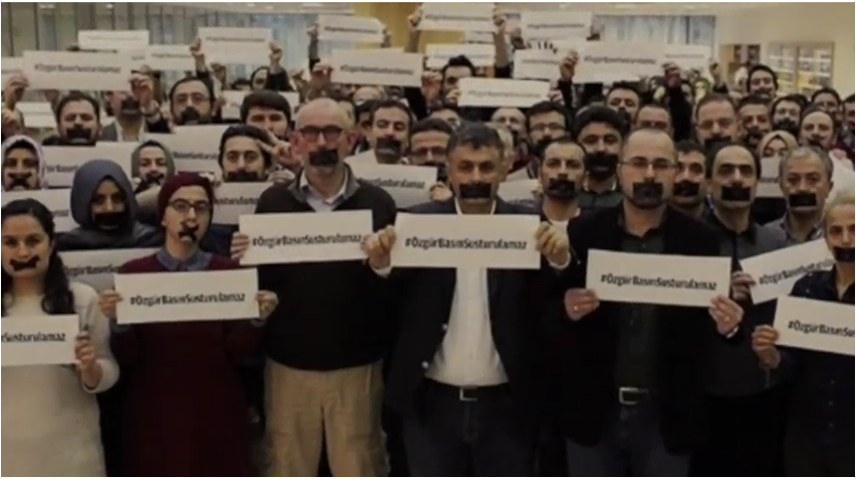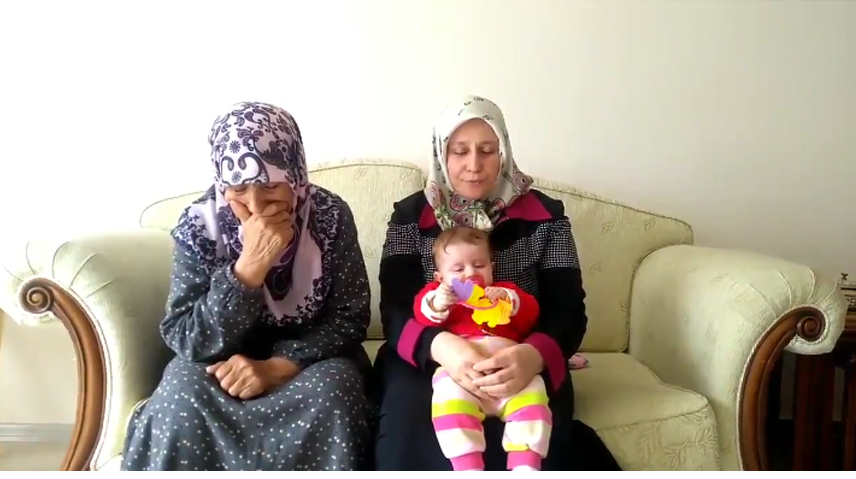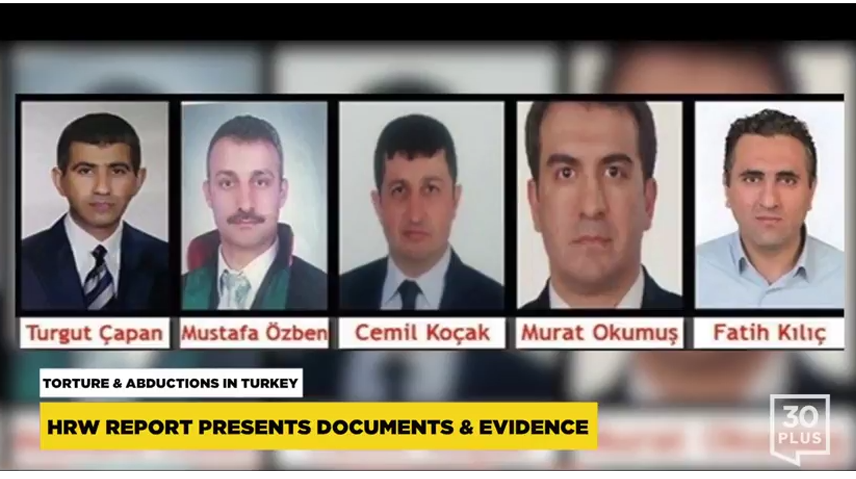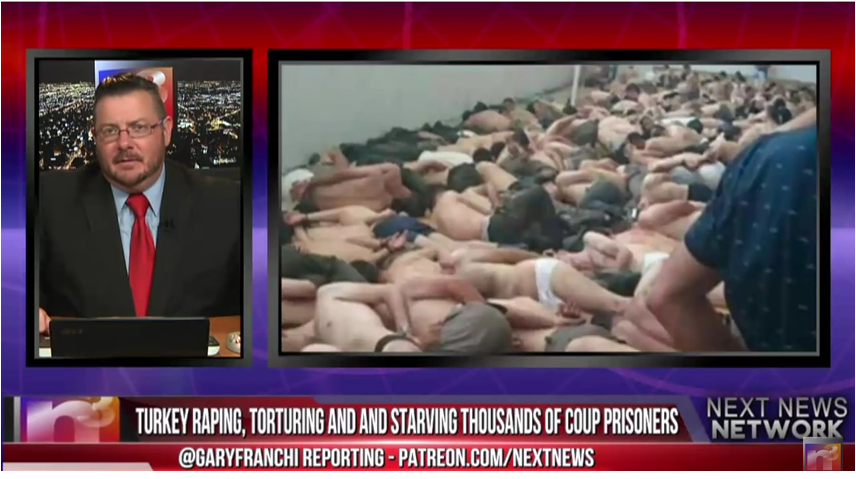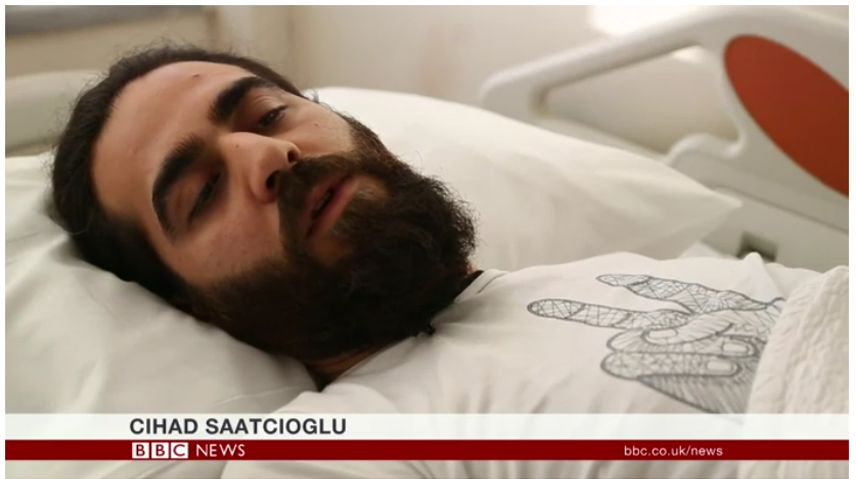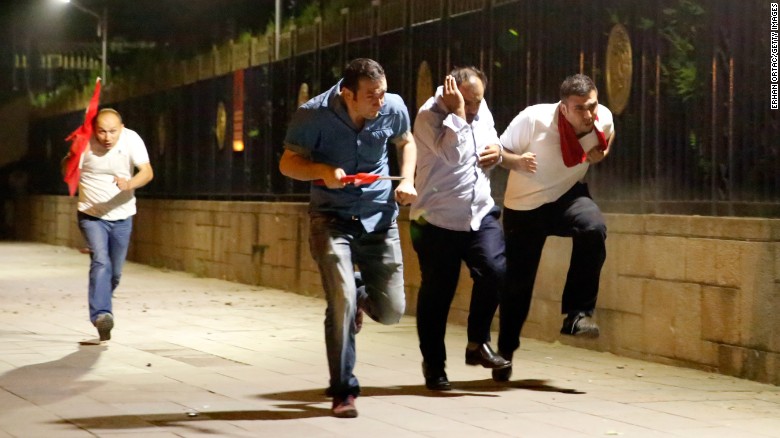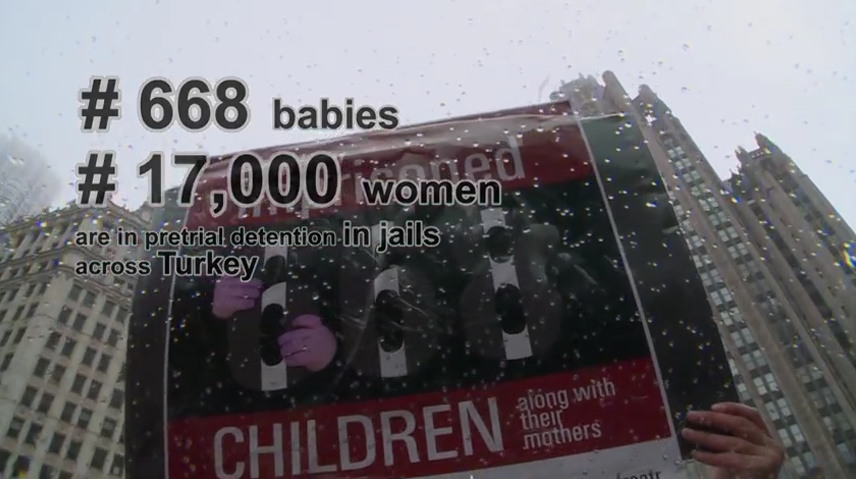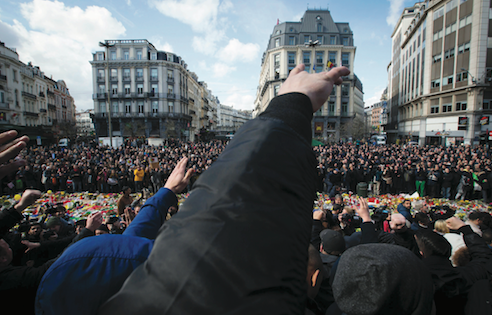Turkish police arrested local director of Amnesty International along with seven other human rights activists for “blatantly without cause”. Their whereabouts were unknown and had not been granted access to lawyers or family.
Advocates of Silenced Turkey
The ruling AKP party headed by Erdogan has demonstrated growing intolerance of political opposition, public protests, and critical media. Amidst all the noise of hate, of oppression and violence, AST seeks to become the voice of the silenced.
Turkey defies UN on abductions with cases of disappearances piling up
Turkey defies UN on abductions with cases of disappearances piling up
Mustafa Özben, a Bar registered lawyer, was last seen on May 9 when he took his daughter to school. His wife indicates that she is concerned for his life.
Human Rights Watch Documents Police Torture and Abductions in Turkey
Based on court records, statements made by the lawyers and family members of the victims, the 43-page report contains claims that individuals were exposed to heavy beating, harassment, treatments and in some cases were victims of verbal abuse. Individuals have been abducted in bright daylight and kept in secret in hideaways.
CCTV shows school principal being ‘abducted’ as post-coup crackdown in Turkey spreads to Malaysia
http://www.independent.co.uk/news/world/asia/turkish-principal-men-abducted-malaysia-kuala-lumpur-turgay-karaman-ihsan-aslan-gulen-hizmet-coup-a7716376.html
Turgay Karaman, a school principal in Malaysia, was abducted by four people in plain clothes and is the latest in a string of international arrests allegedly ordered by Turkey in a post-coup crackdown that has seen more than 100,000 people detained. Human Rights Watch urged authorities not deport the Turkish nationals to Turkey, as they would likely face torture if they are extradited, and called for an urgent investigation.
Turkey Raping, Torturing and Starving Thousands of Coup Prisoners to Death
Credible evidence that the Turkish police are holding detainees, denying them food, water and medical treatment. In some of the worse cases, individuals have been subjected to severe beating and torture.
Claims of torture after Turkey’s coup
http://www.bbc.com/news/video_and_audio/headlines/38126581/claims-of-torture-after-turkey-s-coup
After the coup attempt, came the purge; where more than 125,000 were sacked and 45,000 arrested. There are many worrying testimonies of torture. The UN’s special investigator on torture has arrived in Turkey following allegations of rape and abuse by the country’s security forces.
This is how many people Turkey has arrested since the failed coup
http://www.cnn.com/2016/07/29/europe/turkey-post-coup-arrest-numbers/index.html
Many low-ranked soldiers found themselves on the street while media outlets were announcing that the military was attempting a coup. Although most of these soldiers were told that they were out for a drill, a very large portion of them got beaten and imprisoned. Moreover, many allegations of torture and rape of have emerged.
Set them free, 668 babies in jail in Turkey, Chicago Protest
668 babies, under age of six, and 17000 women are in pretrial detention in jails across Turkey. Group of people gathered in Chicago to demand freedom of innocent children jailed in Turkey.
Deterioration of the Internet Freedom
Freedom of the Net 2017 Report Prepared by the Freedom House: Summary of the Parts Concerning Turkey
In November 2017, the Freedom House published a report titled Freedom of the Net 2017 which assesses the internet freedom around the world making country-based evaluations.
According to the Report, Turkey falls into the category of “Not Free” in 2017. Together with Egypt and Ukraine, Turkey is in the top three countries who declined most compared to the last year. Turkey and Russia are both ranked as 15th among 65 countries falling behind countries such as Myanmar, Sudan and Venezuela. The Report refers to different applications in Turkey many times showing that the State has been taking considerably restrictive measures.
Especially in 2017 thousands of people were arrested and/or taken into custody for downloading a mobile communication app called ByLock reasoning that coup plotters allegedly used the same app as well. The Report highlights that the app was easily accessible as well as publicly available in different app stores.
According to the Freedom House, the Turkish government has not only been using the internet to accuse government critics of serious crimes, but also to manipulate public discussions and control particular agendas. As per the allegations, around 6,000 people were employed to achieve these aims. To illustrate, many dissident journalists and academics have been dealing with online harassment by pro-government troll accounts through social media websites. Disinformation methods used by the State vary including paying government commentators (without explicit sponsorship), maintaining pro-government media and propaganda, hijacking politically dissent websites (such as social media accounts and news sites), and lastly creating fake news around elections intentionally to affect voters.
Besides these direct methods, the Turkish government uses indirect restrictions as well to control the use of the internet. To exemplify, WhatsApp as the most common mobile communication app was throttled many times especially right after significant political events and became almost inaccessible. Moreover, Turkey has taken measures to limit and control VPNs channels which enable internet users to reach banned websites and content. For example, Tor which is one of the most secure VPNs has been targeted by repressive governments. The Report emphasizes that Turkey has also applied new blocking orders to limit the use of Tor network making it harder for users to reach.
The Report specifies topics and content censored by the Turkish government; some of which can be listed as criticisms of authorities, corruption, conflict, political opposition, satire as well as mobilization for public causes. Out of 9 types of key internet controls categorized by the Freedom House, Turkey has been applying 7 of them including blocking of online communication tools, network shutdowns, increasing censorship through new laws, arrest and imprisonment of opposing internet users.
To sum up, the Freedom of the Net 2017 report illustrates how Turkey has been using the internet to serve the government’s own interests and also to limit individual freedoms such as freedom of expression and right to privacy.
Download pdf version:Freedom of the Net 2017

